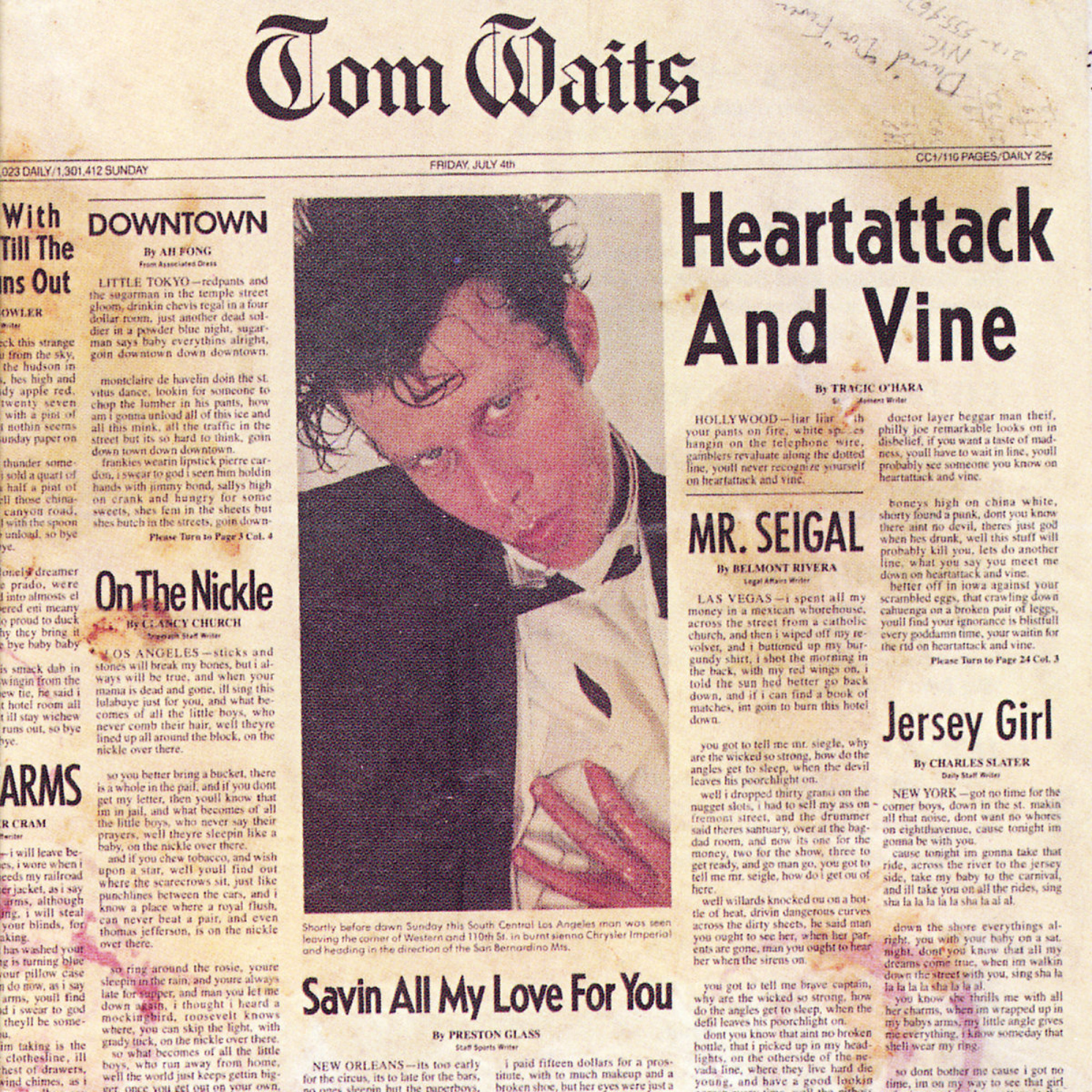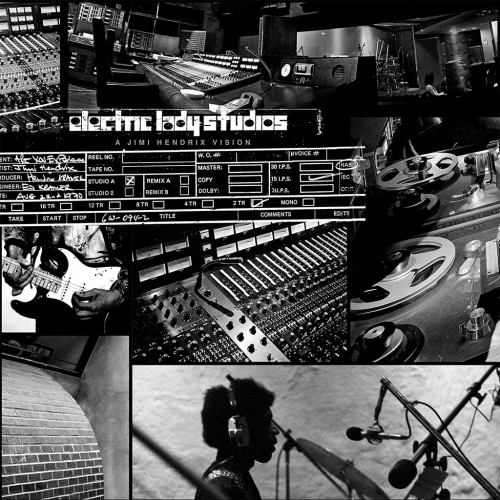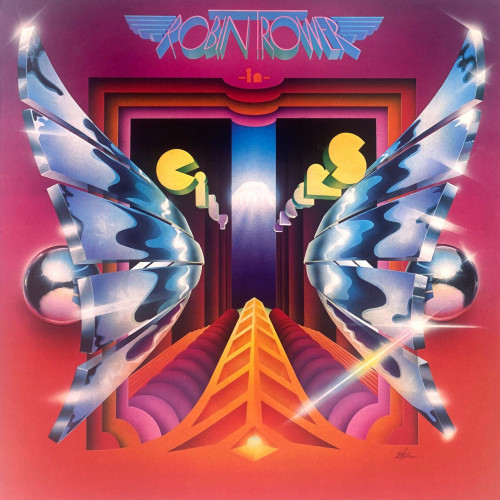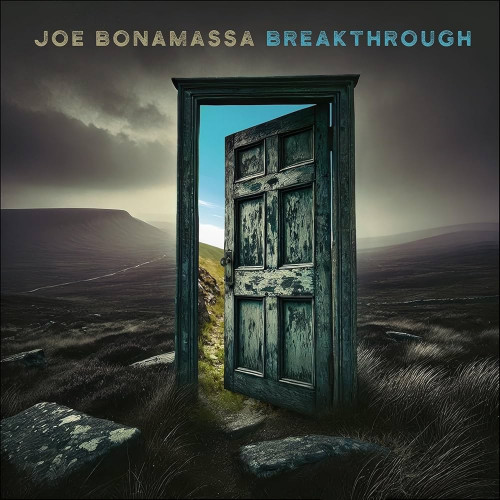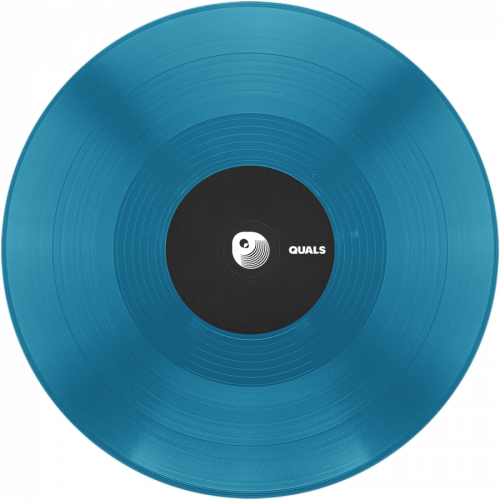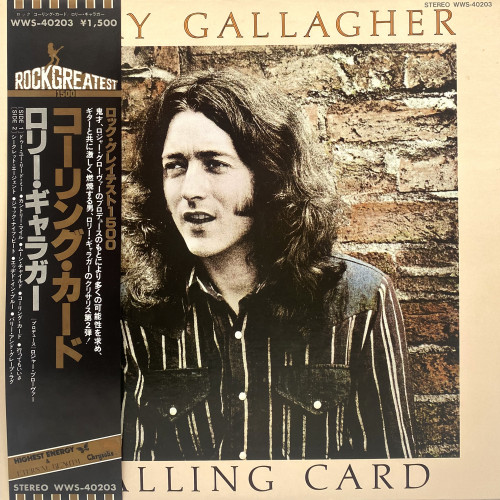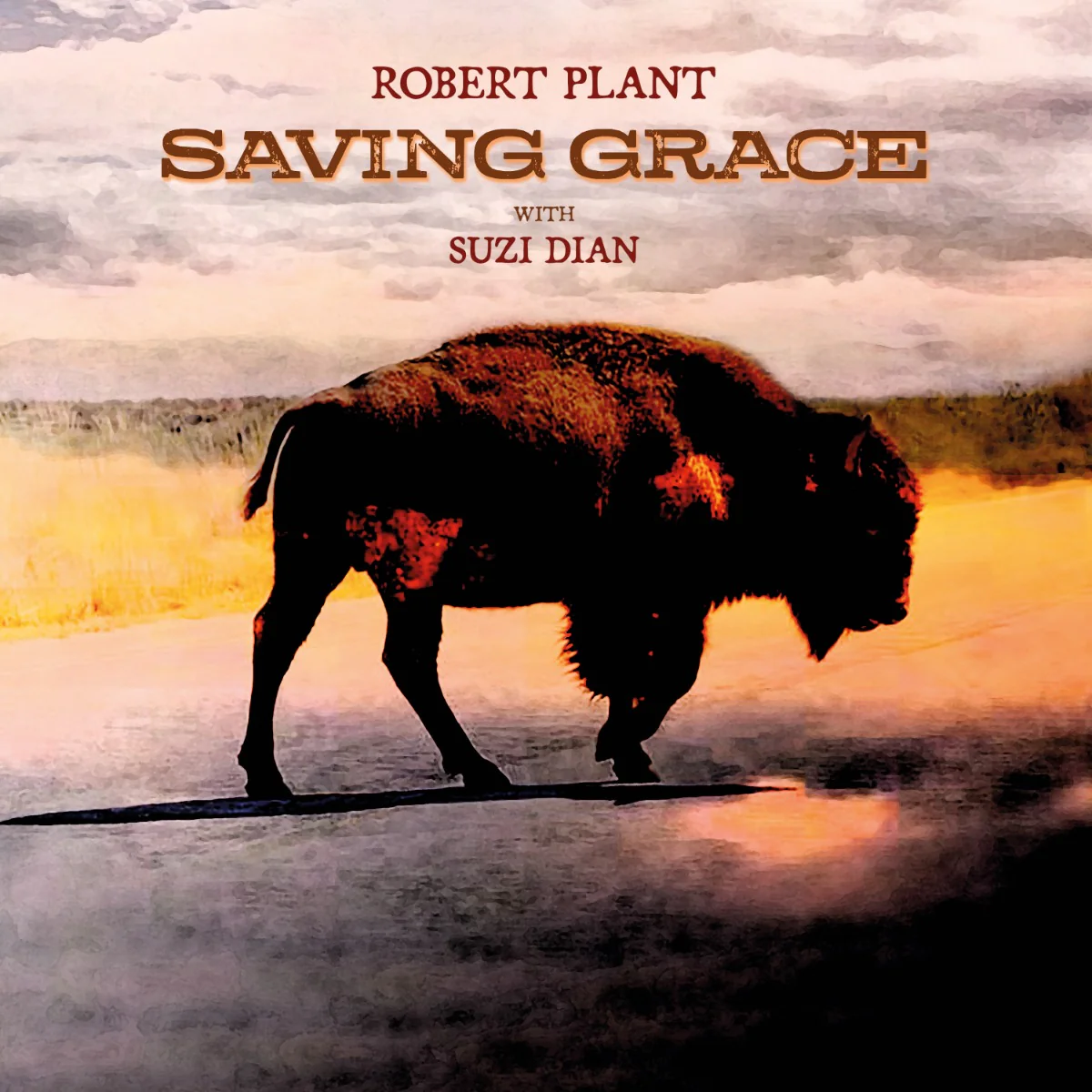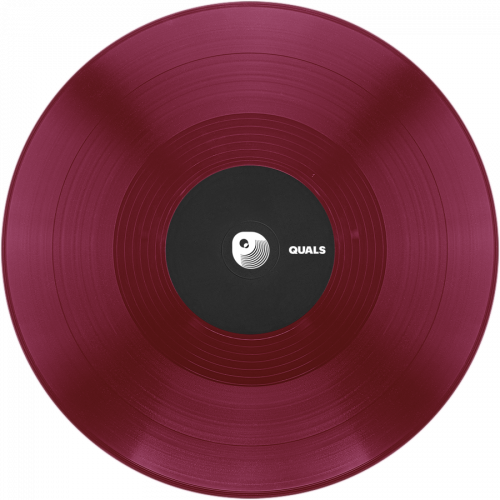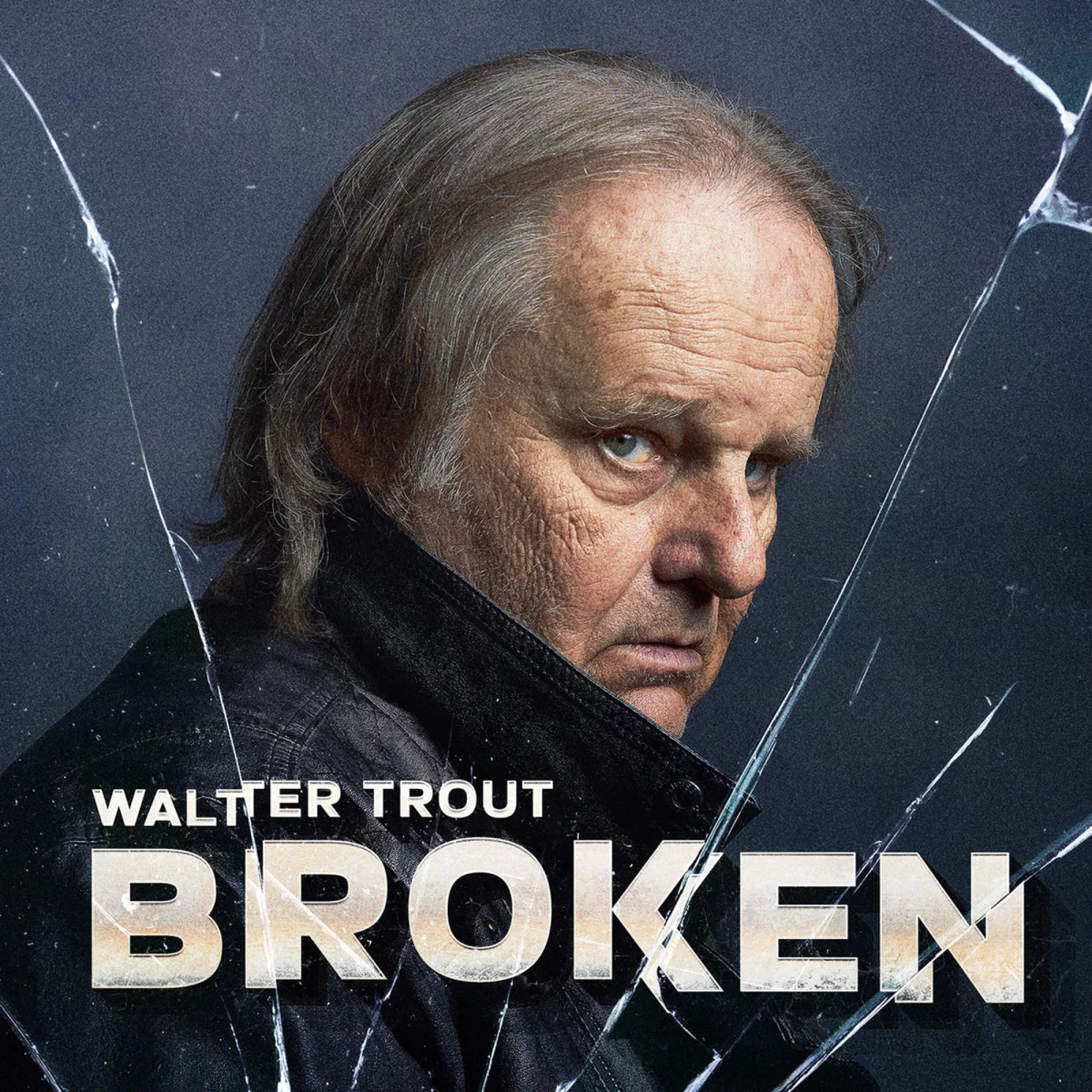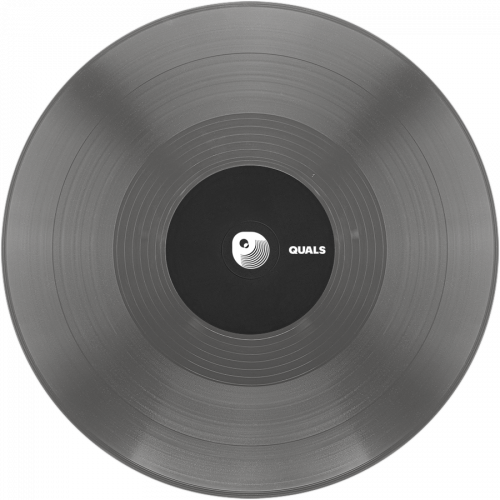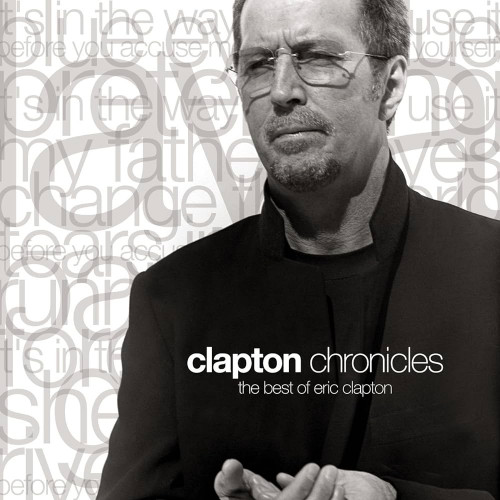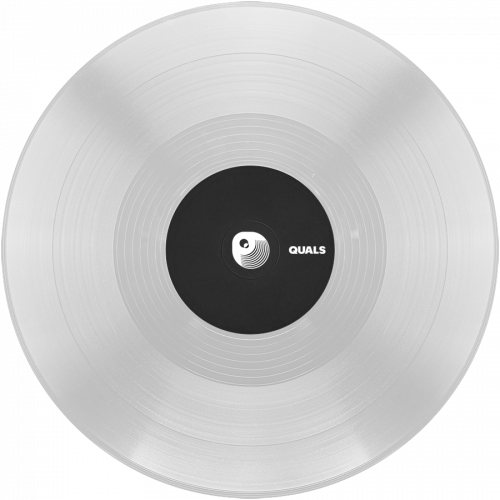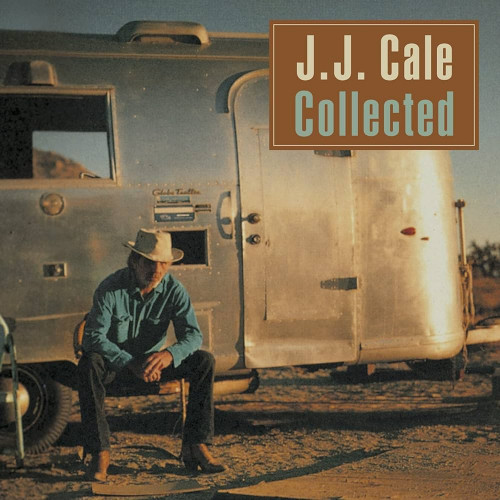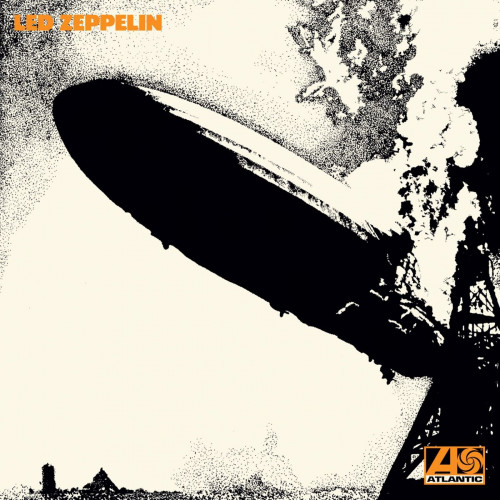Heartattack and Vine is Tom Waits' seventh and final album for Asylum. As such, it's transitional. As demonstrated by its immediate predecessors, 1978's excellent Blue Valentine and 1977's Foreign Affairs, he was already messing with off-kilter rhythms even in the most conventionally structured blues and jazz songs, with nastier-sounding guitars - he plays a particularly gnarly style of rhythm on this entire album. Five of these nine tracks are rooted in gutbucket blues with rock edges and primal R&B beats. By this time, his singing voice had deteriorated to a gasping-for-breath whiskey-and-cigarettes growl that could make words indecipherable from one another, but his jazzman-inspired phrasing more than compensated. Check the opening title track with its razored electric guitars (Roland Bautista guested on lead over several cuts), Greg Cohen's walking upright bass and natural sound, Victor Feldman's percussion shuffle, and Plas Johnson's tenor sax that makes Waits' vocal grimace and growl even more menacing. The tune details substance abuse, denizens of life's dark side, and a view of God and the Devil as sober and drunk sides of the same person. Ronnie Barron's Hammond B-3 figures prominently on the low, slow blues instrumental "In Shades," which sets up the first of a series of memorable ballads. "Saving All My Love for You" could have appeared on Foreign Affairs, as Waits' piano and a string chart by Jerry Yester frame a scenic, confessional, broken love song. "Downtown" adds funk to the blues, with Barron's organ in direct confrontation with distorted electric guitars and Waits' declarative guttural snarl. It sets up "Jersey Girl," a dramatic ballad that overlaps with the sound world of Bruce Springsteen so much - complete with glockenspiel - that the Boss covered it, released it as a live B-side, and made it a part of his live sets for decades. But there's a difference too: Waits also pays direct, unmasked homage to the Drifters in its dynamic chorus structure and lush use of strings. "On the Nickel" is another of Waits' more arresting ballads evoking an earlier and grittier era in American life and culture. It was used as the title track of Ralph Waite's film of the same name - Waits scored the entire film. With its swaggering stride piano and guitar and NOLA-inspired R&B, "Mr. Siegal" is a gangster's boast that rivals the hip poetry of Lord Buckley. The near baroque woodwind and reed chart that introduces album finale "Ruby's Arms" marks one of Waits' most beautiful and unusual ballads. Yester's use of strings as a frame for his singing is sparse and roomy, allowing the songwriter's piano to accompany his achingly sad vocal with all the poignancy, regret, and resolve that only the romantically bereft can muster. In sum, Heartattack and Vine reveals just how much Waits had grown during his tenure with Asylum. Though not perfect in sequencing - the alternating juxtaposition of rowdy blues and heartworn ballads gets old - almost every song stands on its own as a dusty gem.
- Thom Jurek - allmusic.com
